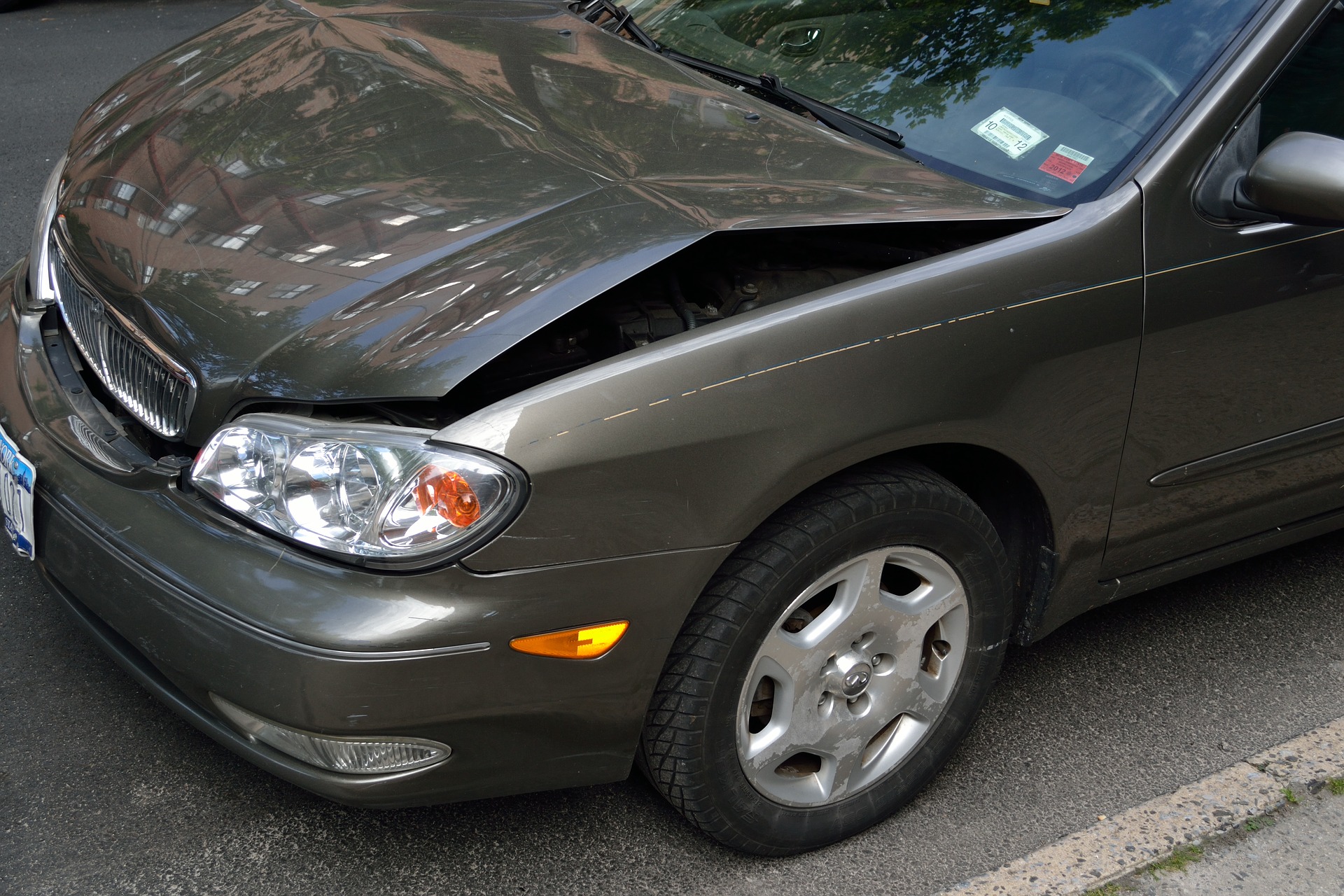
Even after an accident, some people don’t like to go to the doctor for many reasons. Maybe they think they can “tough it out” and save some money or they might get anxiety from going to the doctor’s office. No matter the reason, it is vitally important that you go to see a doctor after any accident. Even if you were taken to the emergency room after a car accident and were released with no major injuries, it’s still a good idea to follow up with your personal doctor.
Even more important than just seeing a doctor is reporting your injuries, regardless of pain level. You need to communicate to your doctor every ache, pain, impulse, feeling, or lack of feeling so that each of your injuries can be documented as early as possible.
Many people, especially men, seem to have a problem with reporting their smaller and less significant pains in an attempt to be more stoic or because they think they can tough it out. The problem is that not reporting lesser pains, in the beginning, can affect whether or not a claim can be made on that injury if it worsens over time.
When you begin treatment, the doctor will most likely only focus on your most serious injury or on the one that is causing the most pain. As a result, your minor injuries may not be recorded by the doctor. Later, you might recover from your original injury, but a minor injury may worsen over time and become your primary injury. But because the doctor was not consistently treating you for that minor injury, it is harder to relate it back to your accident and as such an insurance company or a jury may not relate that injury to the accident.
This inconsistency creates a gap in your medical history between your injury and the accident. To avoid gaps, you should always tell your doctor every injury you have, no matter how low the pain level is. Having a tough it out mentality can hurt you if your claim is brought before a jury. When you say you had some pain but decided not to go to the doctor, many jurors will reason that they themselves would have gone to the doctor, even if they really wouldn’t have. This is why is it very important to continuously follow up with your doctor and report all injuries and pains.
After any accident, you should watch for signs and symptoms of concussions. Symptoms may develop immediately in some cases, but they can also take days to appear. Symptoms of a concussion include headaches, nausea, sensitivity to light or sound, slurred speech, difficulty with word selection, and even memory loss. Even if you underwent a brain or CT scan that didn’t show any abnormalities, you can still have a concussion.
Along with physical injuries, you should also report emotional pains and hardships. This is especially where the tough it out mentality can really hurt you in court. You should report emotional pains such as anxiety, PTSD, or other mental discomforts due to an accident. You should also tell your doctor about any leisure, work, or lifestyle activity changes you have had to make due to the incident. This can be anything from completely stopping an activity to having to compensate for impaired movements, such as limits in reaching or sitting.
Often accident victims have pre-existing pains or injuries. It is important to tell your doctor about these and not to mislead them about the origin of pre-existing pain. Instead, you should try to differentiate the pain levels before and after the accident. This means describing before and after the incident where the pains were located, the frequency and amount of time that you felt them, and the intensity of the pains.
If you took pain medication for pre-existing pains, then you should describe the pain levels before and after taking the medication. You should also report the type of pain or feeling you had before and after the incident. Examples would be radiating pain, numbness, burning, pins-and-needles, throbbing, and other uncomfortable feelings.
Sometimes you may not notice any pains or major changes that you’ve made due to an injury from an accident. That is why it is a good idea to you ask your family and friends if they notice anything different about you after the wreck, physically or emotionally. Sometimes we desensitize ourselves from our injuries or pains and adapt without thinking about it. These can include changes in your normal habits, activities, or mood. Some things you may not even notice might be the way you walk, how talkative you are, or your attitude toward others due to underlying pain or trauma. It’s important to be aware of any differences in your physical or mental state and report them immediately to your doctor.